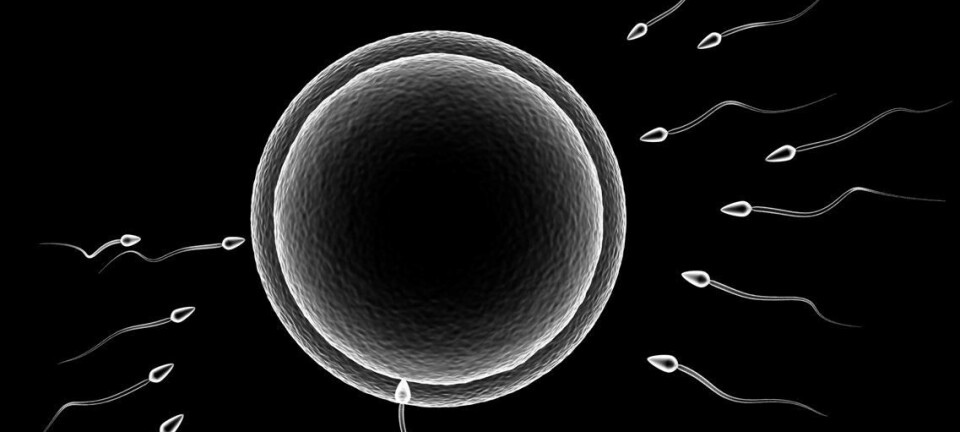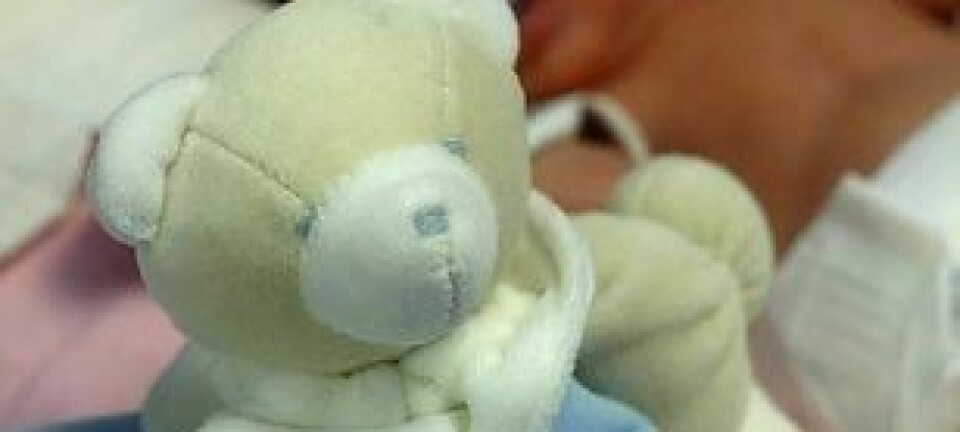
Diesel fumes can affect a foetus for generations
Diesel engine particles can make DNA mutate over generations, mouse trials show. Humans may also be affected.
Danish researchers, who have already shown that car pollution can injure foetuses, have discovered that the damage can last far longer than previously thought.
Trials with mice have shown that diesel particles can affect the DNA in male mice sperm cells and can lead to mutations that may be inherited in one or two succeeding generations via sperm cells.
“While the male foetus is in the womb it is affected by substances that can lead to mutations in what later become sperm cells,” says Karin Sørig Hougaard, a senior researcher at the Danish National Research Centre for the Working Environment (NRCWE). “The mutations will be inherited by his offspring, and potentially by the next generation as well.”
What happens to the foetus affects our adult life
The researchers are not sure whether the results of the mice trials also apply to humans. But if they do, they confirm a trend that has become more and more visible over the past ten years: our lives and illnesses are to a large extent affected by what we or even our parents were subjected to as foetuses.
We are now realising that we can inherit gene mutations caused by substances in the environment. These mutations can occur when we are foetuses – and that’s early.
“Whether we talk about obesity, mental illness, allergies or many other abnormal aspects of our lives, our adult life does seem to be affected more and more by our life in the womb,” adds Hougaard. “This study certainly adds to our understanding that the conditions for a foetus are really important for almost everything that happens to our bodies later in life.”
Damage can be stored in vital genes
In the trials, the researchers studied so-called junk DNA, which has no functions that researchers have discovered.
For technical reasons, it is easier to study junk DNA than DNA with known functions – in junk DNA it is easier to see minute mutations that are inherited by the succeeding generations.
But studying apparently functionless junk DNA adds to the uncertainty about whether humans can pass mutations resulting from diesel fumes on to succeeding generations.
“But the results nevertheless indicate that in principle there could be mutations in genes with a function – but there is still a 'perhaps' here,” she says.
Human studies impossible
The researcher says that the mouse trials were carried out under closely controlled conditions, where the only difference between the individual mice was whether they had been subjected to diesel particles.
At the moment it is impossible to study humans in the same way – and to study humans over three or more generations is completely out of the question.
“But we already know that inhaling smoke or car fumes, for instance, during pregnancy affects the child’s genetic makeup. Perhaps we could imagine that these factors can affect humans for several generations, as we've seen with mice.”
The study was carried out in collaboration with Health Canada. The results were published in the journal Mutation Research – Fundamental and Molecular Mechanisms of Mutagenesis.
Translated by: Michael de Laine















